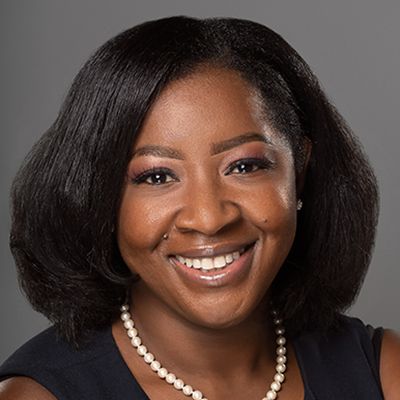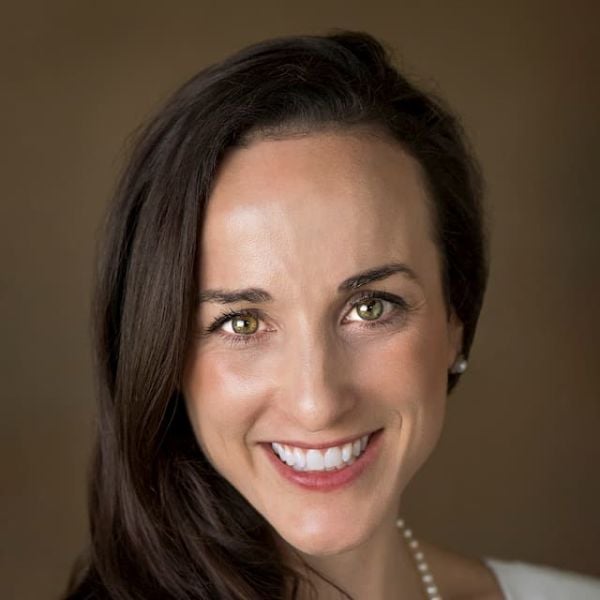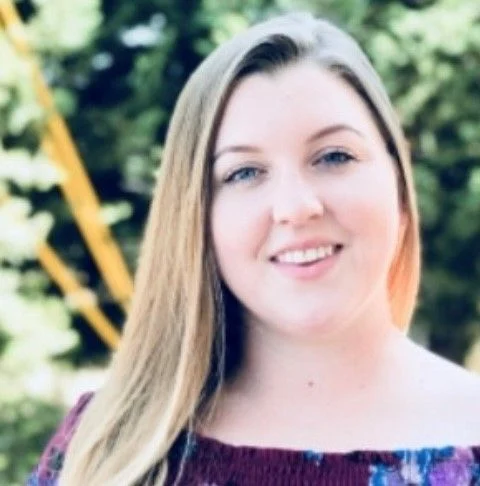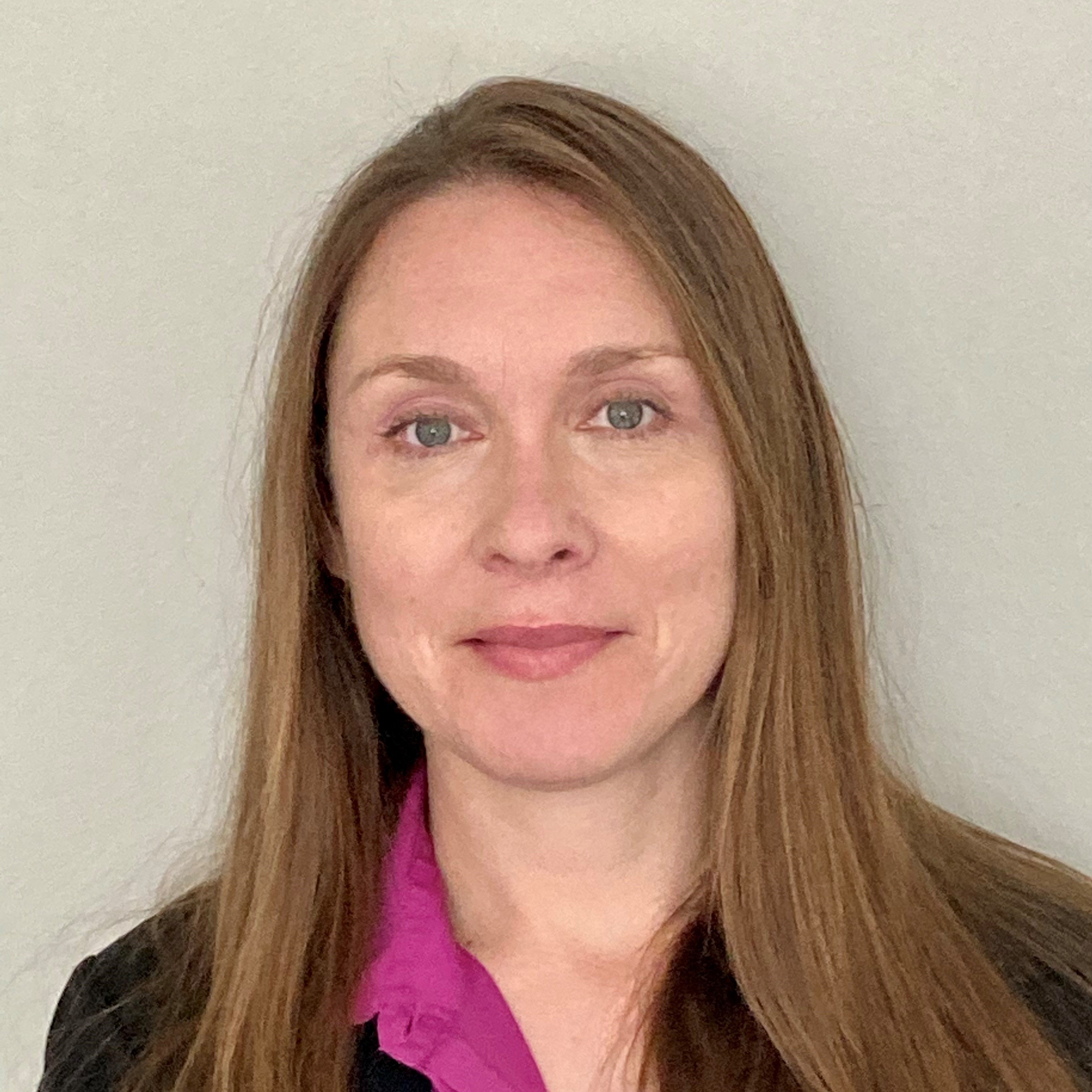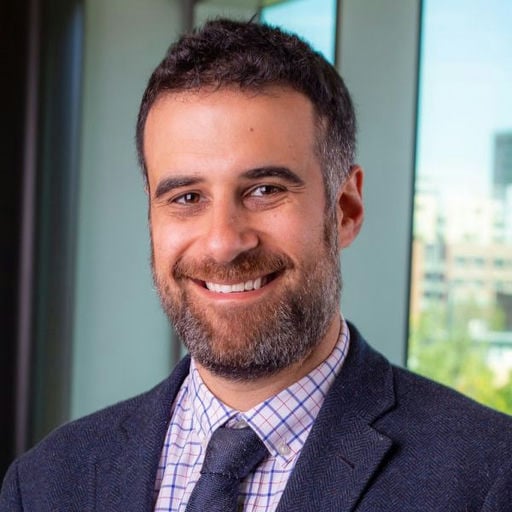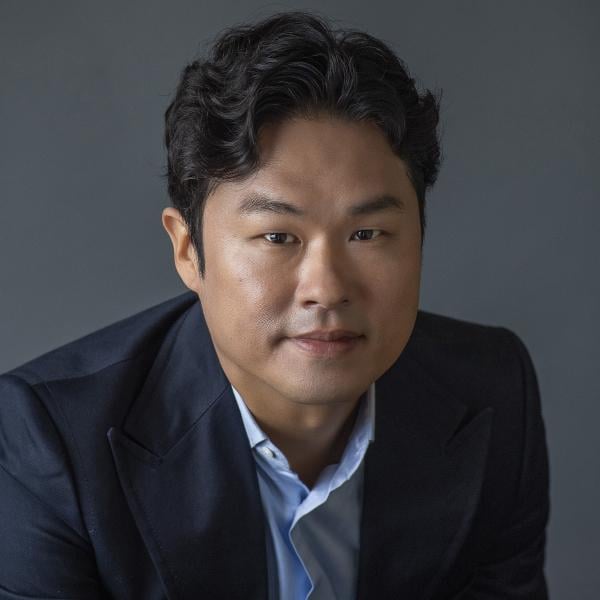
Clinical trials have been used for decades as the primary way by which researchers determine if a new treatment is safe and effective for human use. Within the biomedical research ecosystem, participants in clinical trials often do not represent the populations bearing the burden of the diseases under study. The COVID-19 pandemic brought issues of inequity into starker focus, as historically underserved communities suffered disproportionately. This disconnect is a product of history, insufficient representation, structural racism, systemic inequality, and a lack of sustained action and leadership in clinical research at the national level.
According to the Food and Drug Administration (FDA) 2015-2019 Drug Trials Snapshots Summary Report, of all participants in clinical trials, only 7 percent were Black or African American, 13 percent were Hispanic or Latino, and 1 percent identified as American Indian or Alaska Native, in comparison to 76 percent of trial participants identifying as White. When clinical trials are appropriately diverse, they can represent the broader population and increase the health of underrepresented groups. While persistent inequalities constitute an unfortunate reality in health research, it is a fact that we feel can be addressed.
To drive needed actions, FasterCures convened experts from academia, industry, policy groups, patient advocacy, and disease-specific patient organizations to dive deeper into these issues. To inform our action report, our team also gleaned the literature across these thematic areas in research and policy. This report is the outcome of these parallel efforts and presents both a tool for understanding the issues facing biomedical research and a concrete action plan with a clear vision. We expect that this report will help key decision makers with influence in biomedical research and innovation to reform the system for the long term.
